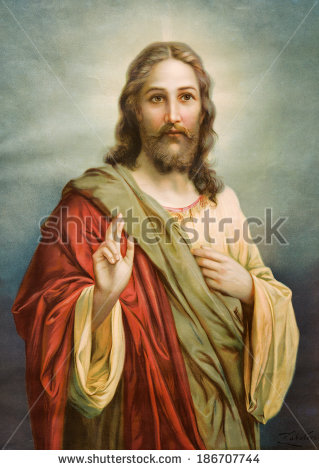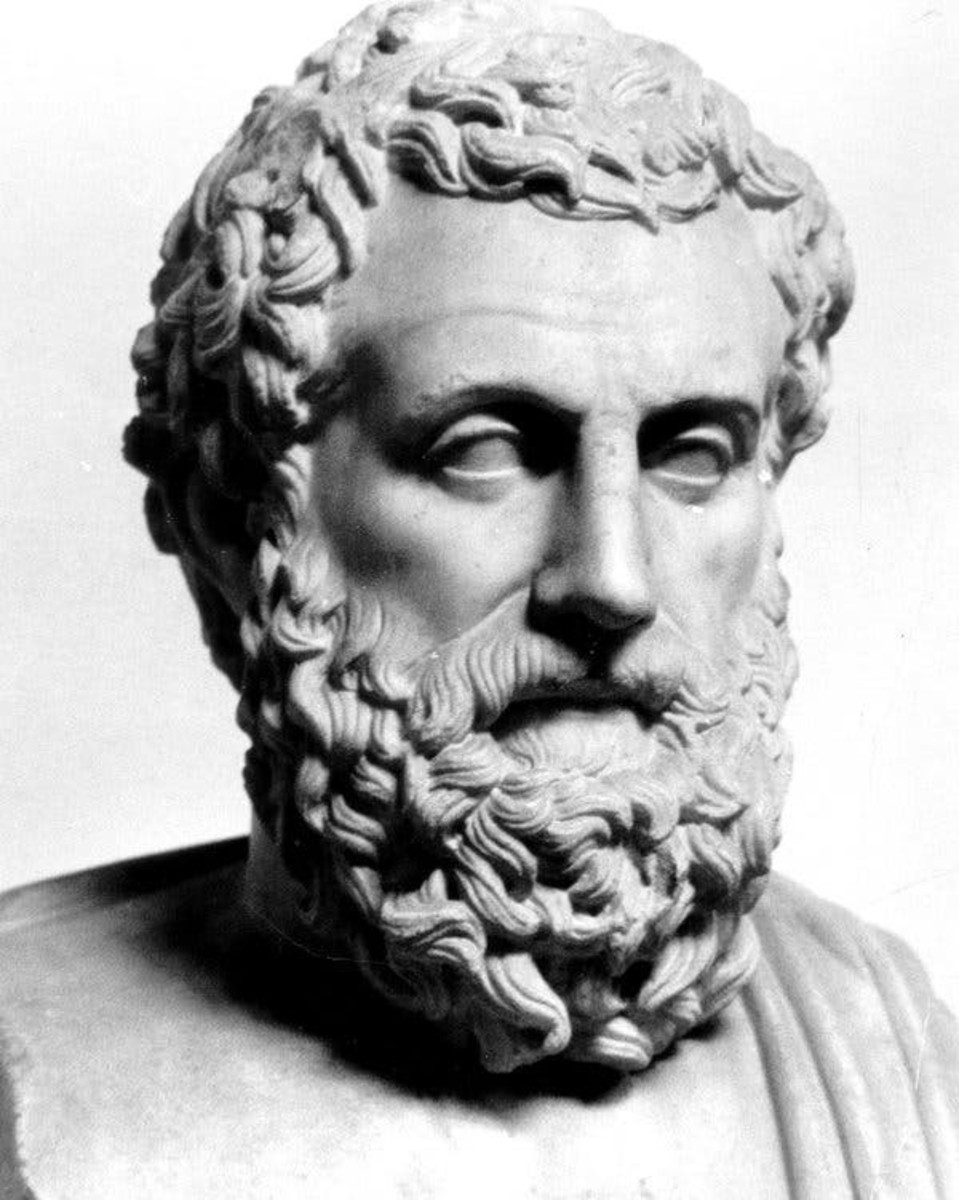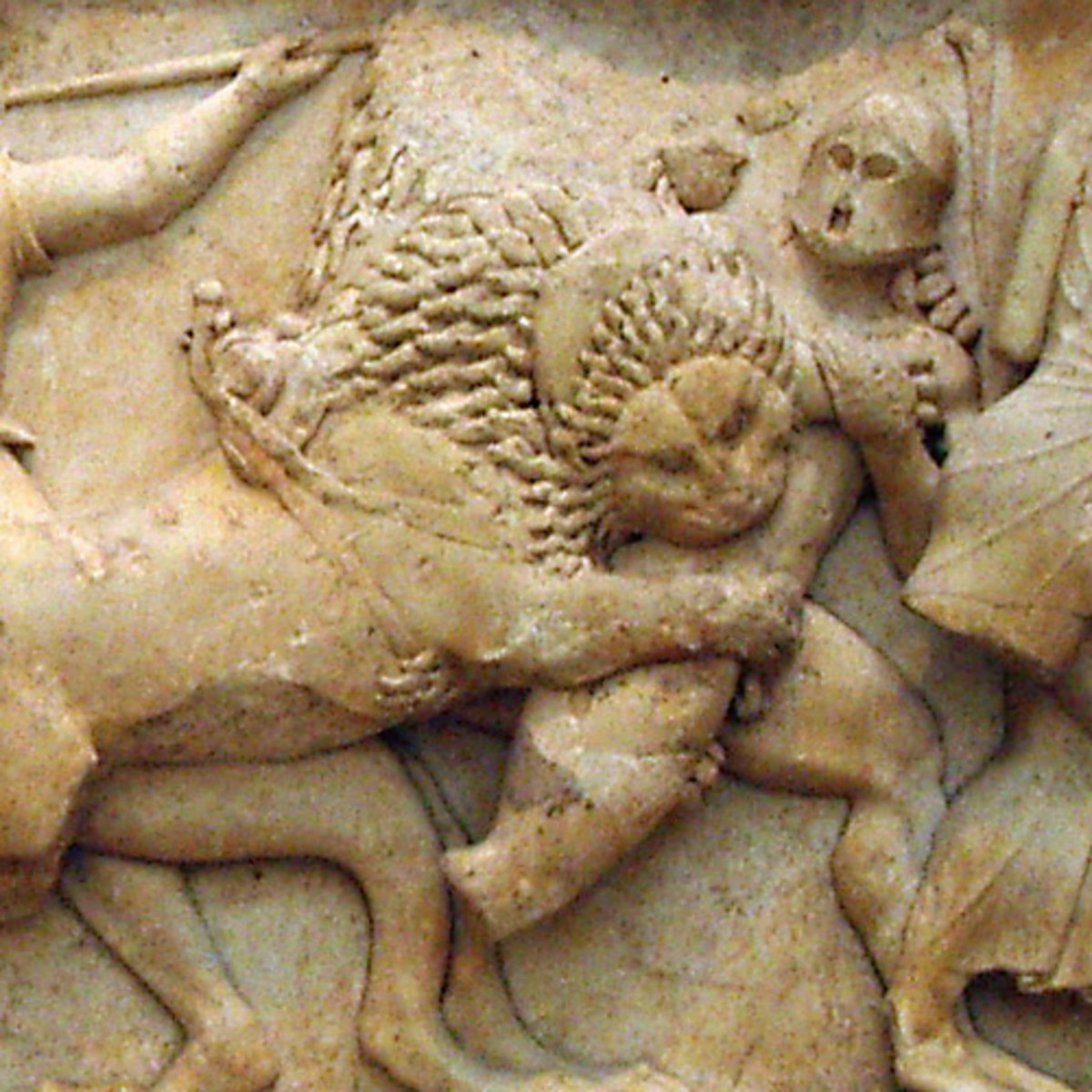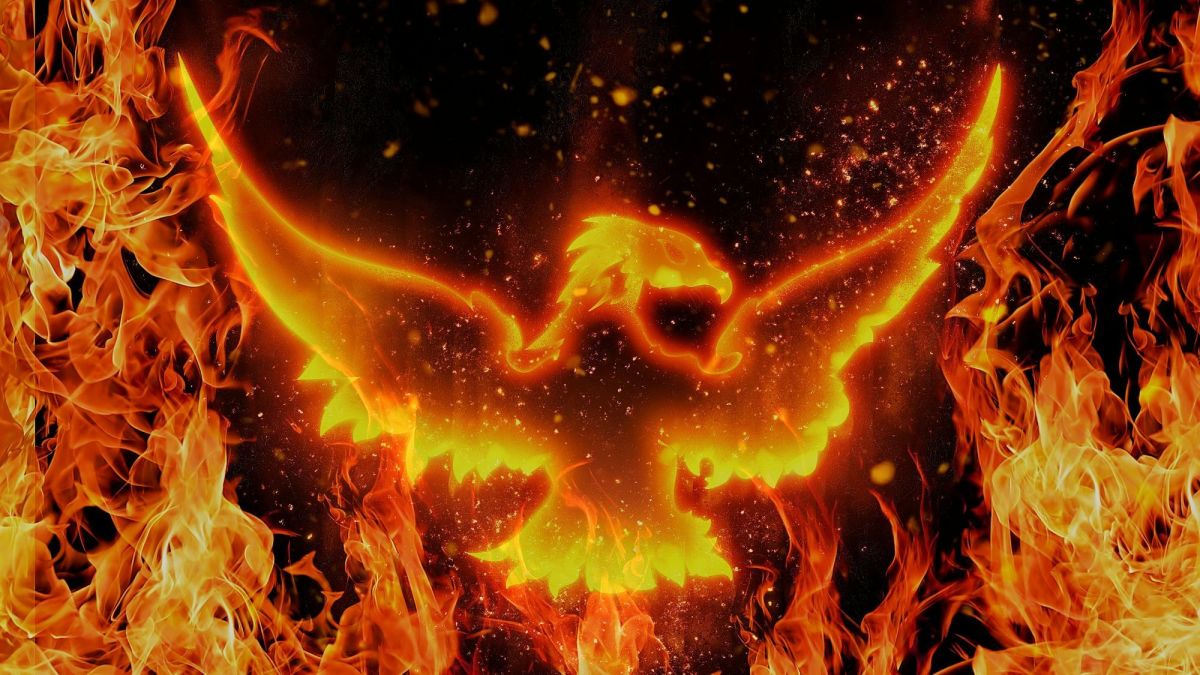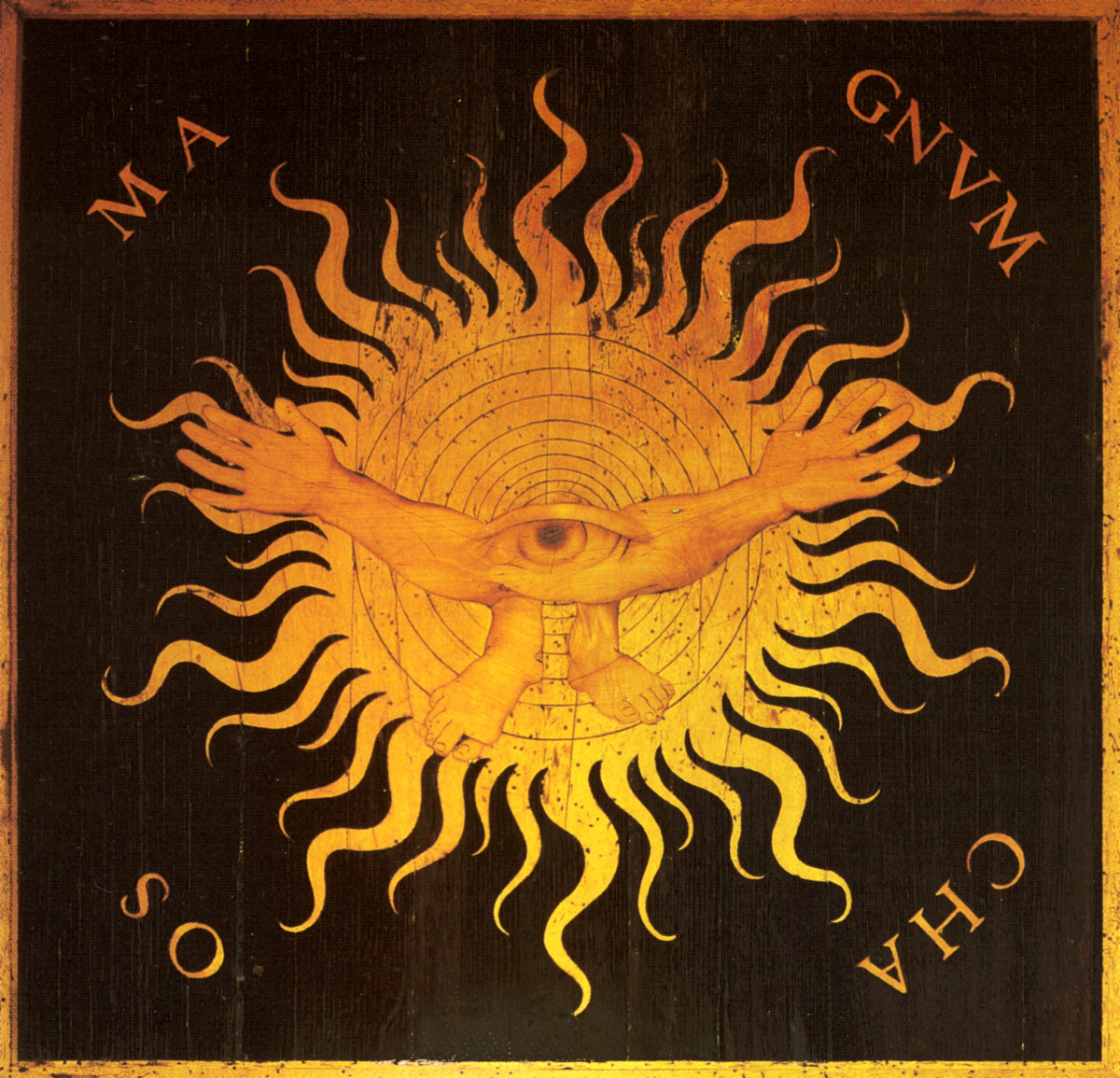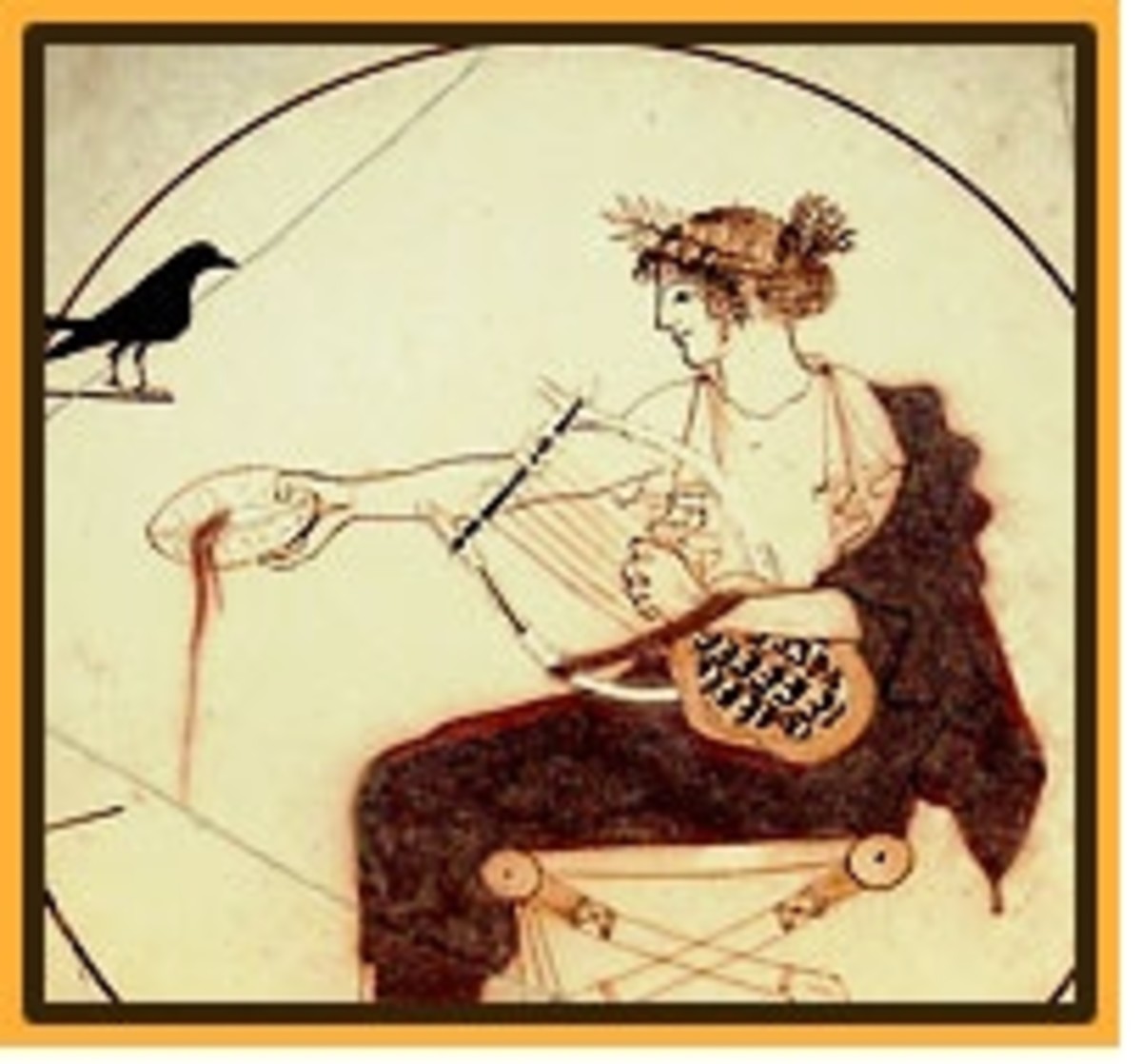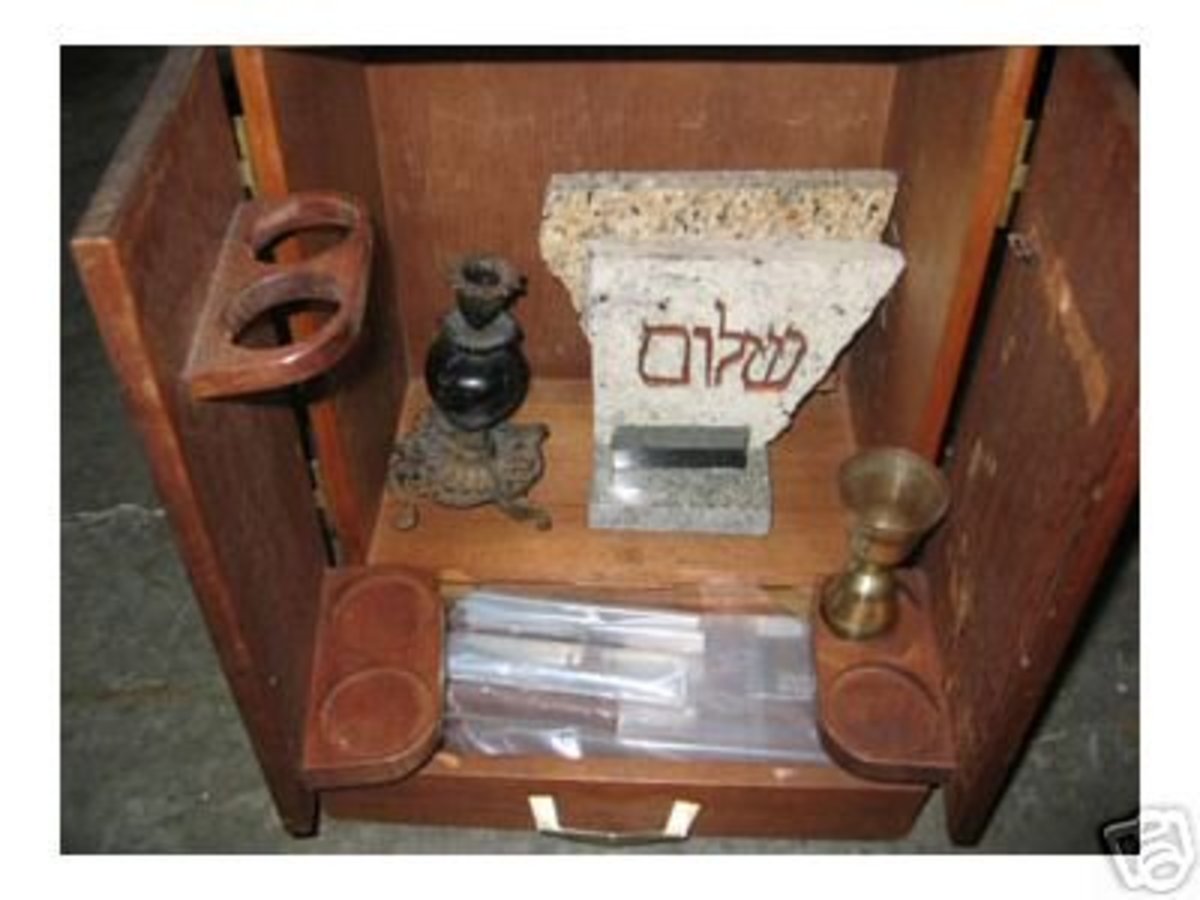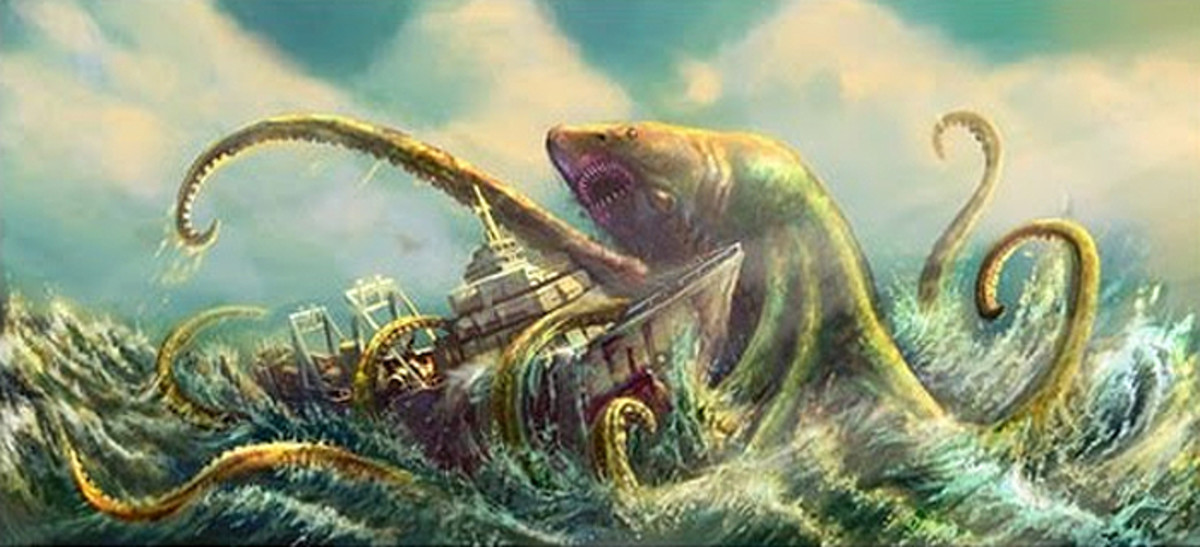Relevance of Greek Mythological Concepts in Modern Times
Introduction
Greek mythology is the religion of the ancient Greeks, people who lived long before today’s generation have been born. Yet it seems to still be alive, to haunt the people that it had been there, that it was relevant once upon a time for the Greek people. Today, Greece practices mainly Orthodox Christianity, the counterpart of Roman Catholicism - which is based in Vatican - in the East. But long, long ago, Greeks were polytheists and as such, believed in Greek mythology which account for the stories of their gods and goddesses in the same way as the Bible tells the story of Christians, Jews and of their One God. Even if Orthodox Chiristianity is dominant in Greece nowadays, Greek mythology still provides concepts and ideas that are relevant to people of all generations – a timeless message of man's relationship to a Higher Being.
Greek Mythology God and Goddesses Documentary
Reverence to a Higher Being
- Since the dawn of man, there is already a sense of a Higher Being. Ancient Greeks exemplified the search for this Higher Being in their belief and faith in their gods and goddesses.
- Through oral tradition, families passed on their beliefs and traditions in Greek mythology from generation to generation.
- The Greek writer Homer was the one who wove the tangled lineage of stories and legends into classic form around 750 BC, giving his fellow Greeks an anthology of the stories - especially of their gods and goddesses - which justify their religion.
- However, it seems strange that these stories describe the Greek gods and goddesses as divine yet often flawed inhabitants who enliven a scholarly but entertaining overview of the world.
- When we humans recognize the presence of a Higher Being, we acknowledge that He or She is greater than the human person – a perfect being.
- But ancient Greeks believe in gods and goddesses who have imperfections, who are susceptible to human passions and temptations.
- How then can these gods and goddesses be greater than man? Is the concept of the Greek godhood that is of an imperfect being counter-intuitive to the concept of a god who is supposed to be the greatest of all and the standard of human ideal?
- I believe that Greek gods and goddesses cannot be a good standard of human ideal because their affairs exacerbate the problems of human life.
Olympian Gods and Goddesses
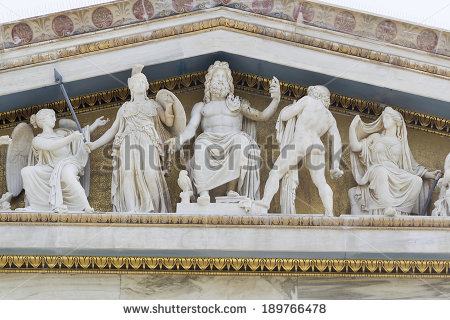
Documentary (Greece Mythology) The Quest for the Gods - History Channel
The powerlessness of man
- Ancient Greeks acknowledge the powerlessness of man in controlling the world around him and life in general.
- According to USC professor Greg Thalmann, "Life was felt to be fairly precarious, and you needed to do anything you could to get whatever powers that ruled the world on your side. Many of them lived one drought away from starvation, and you just didn't mess around with a world like that."
- This shows the need for man to connect with the divine in order to pray for deliverance from trials or for success in endeavours.
- Man's lack of power also calls for him to thank that Higher Being – in ancient Greek context, gods and goddesses – for the blessings he received in his life. For example, Demeter was highly glorified in ancient Greek culture as she was the goddess of agriculture, the provider of food for the ancient Greeks.
- Greek mythology focuses on gods, rather men, to show that man is a small and irrelevant part of the Cosmos.
- Marcus Aurelius' Meditations tell that we [humans] are tiny and temporary fragments in the cosmos [universe].
- The documentary shows that gods and goddesses chose to focus more time on fighting each other rather on creating humans, since their affairs are more significant in the cosmos than those of men.
- Furthermore, the dalliance of man with the divine in Greek mythology pushes the consequences onto the mortals as the gods and goddesses are already beyond human compassion to care about the consequences of their actions.
- Although we humans today believe that our God loves us and has compassion for the way we live, we still share the ancient Greek principle of man's small part in the cosmos.
- We acknowledge that we do not have control in our lives, let alone the universe.
Apollo and his Oracle at Delphi
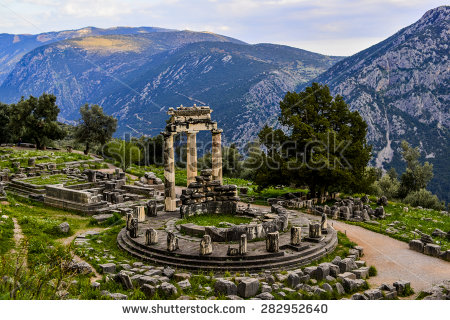
The Concept of Demigods
- Most importantly, the concept of demigods in Greek mythology is relevant in modern times, especially in its similar premise to Christianity.
- Ancient Greeks believed that gods and goddesses can choose to mate with humans and the fruits of this union of the divine being and the mortal are demigods, half-god, half-human children.
- The most famous demigod in Greek mythology is Hercules, the demigod son of Zeus and a mortal woman, Alcmene. He suffered greatly under the persecution of Zeus' betrayed mate, Hera and atoned greatly for sins he had committed by championing justice. He earned godhood upon his death, by virtue of his good deeds, and thus was allowed to ascend to Mt. Olympus to be with his father and the other Olympians.
- Hercules' story as a son of a god, who suffered, died and ascended to Mt. Olympus, the place where the gods and goddesses live, paved the way for the apostle St. Paul's evangelization on the Good News of Salvation that comes from Jesus Christ, the Son of God.
- Even if it was still an arduous process, the conversion of Greeks from polytheism to monotheism was helped along by the fact that the concept of a figure born of a mortal mother and a divine father was already acceptable in Ancient Greek culture.
Hercules
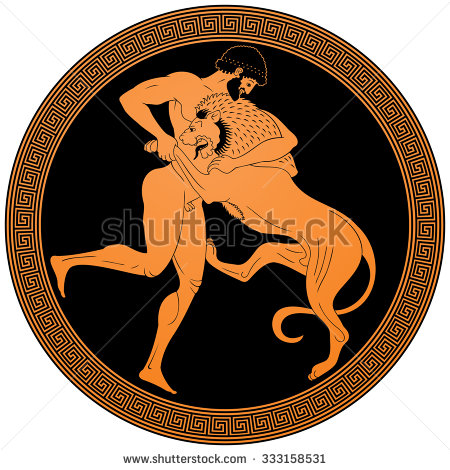
Jesus Christ, Son of Man and Son of God
